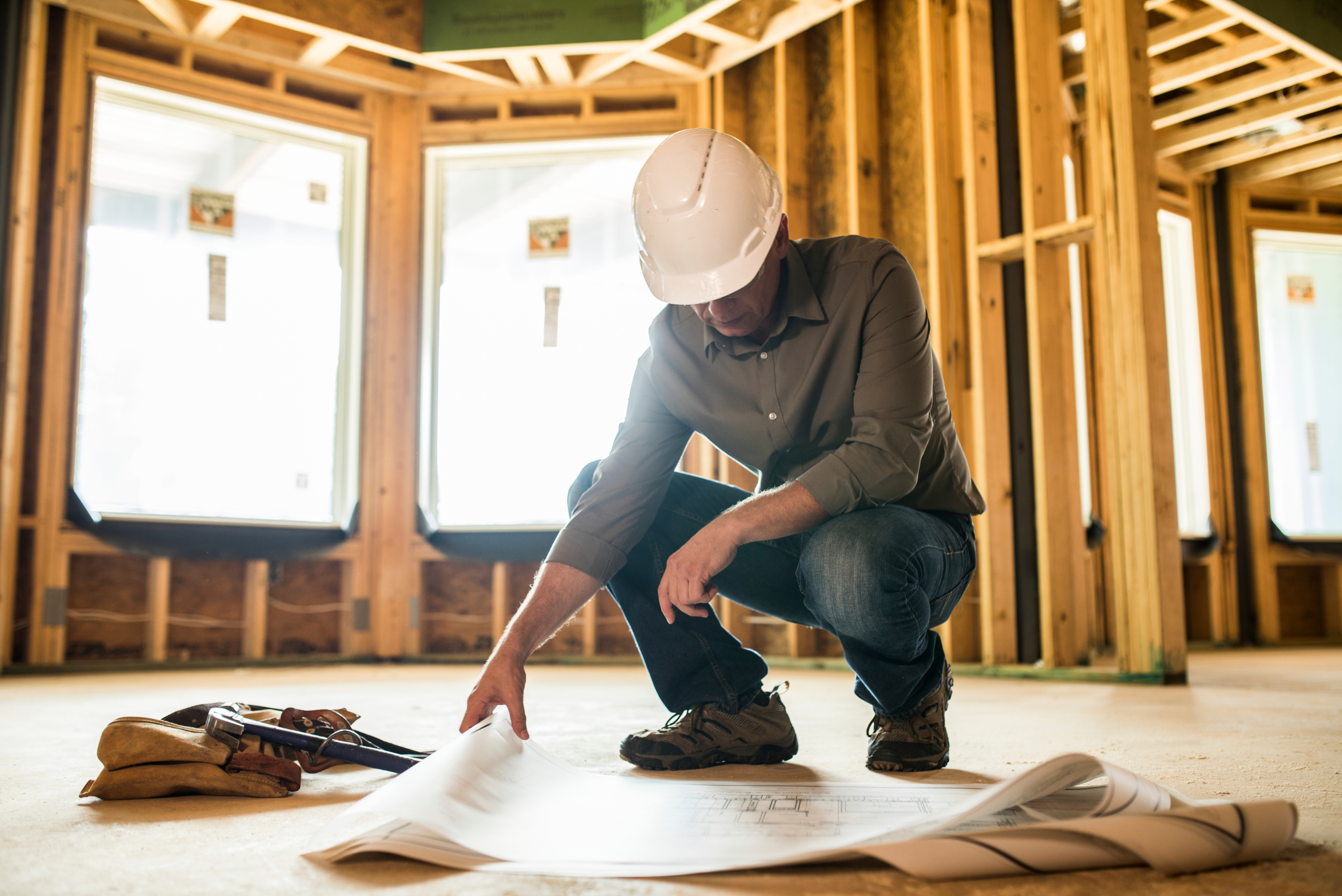How to Hire the Right Contractor for Your Home Project
Choosing the right contractor for a project is a crucial decision that can make or break your experience, whether you’re renovating a home, building a new structure, or completing a smaller task. The right contractor ensures the work is done efficiently, within budget, and to the highest quality. However, the process of finding that contractor can be overwhelming, especially with so many options available. This guide will walk you through the key factors to consider when hiring a contractor to ensure a smooth and successful project.
1. Start with Research
The first step in choosing a contractor is thorough research. Begin by asking for recommendations from friends, family, or colleagues who have had similar work done. Word of mouth can be one of the most reliable ways to find reputable contractors who have proven themselves in real-world scenarios. Additionally, you can check online reviews and contractor directories to expand your options and get a sense of the contractor’s reputation.
Once you have a list of potential contractors, do some background research on each. Verify their credentials, such as licenses, insurance, and any industry certifications. A contractor with the proper certifications will be more likely to meet the necessary building codes and ensure safety and quality throughout the project.

2. Check References and Portfolio
After narrowing down your list, the next step is to check references and review portfolios. A trustworthy contractor should be able to provide you with a list of past clients who can speak to their work ethic, professionalism, and quality. Be sure to reach out to these references to ask about their experience, how the contractor handled challenges, and whether the project was completed on time and within budget.
In addition to references, reviewing a contractor’s portfolio of completed work can give you a sense of their style, quality, and expertise. Many contractors have websites or social media profiles showcasing their previous projects. Take note of their experience with projects similar to yours, as this can be a good indicator of their ability to handle your specific needs.

3. Evaluate Communication and Compatibility
Effective communication is key to any successful project. Pay attention to how the contractor communicates with you from the start. Are they responsive to your emails and calls? Do they listen carefully to your ideas and concerns? A good contractor will take the time to understand your vision and ensure you’re on the same page throughout the process.
Compatibility is also important. While a contractor’s skills are critical, you also want to work with someone who is easy to get along with. During the interview process, observe how well you connect with the contractor. Trust your instincts—if something doesn’t feel right, it’s okay to move on to another option.

4. Get Multiple Bids and Compare
Once you have a few contractors in mind, it’s essential to obtain multiple bids or estimates for the project. While it can be tempting to choose the lowest bid, this doesn’t always equate to the best value. Compare not only the prices but also the scope of work outlined in each bid. A detailed estimate that includes all materials, labor costs, and timelines is a good sign of a contractor who is organized and transparent.
In addition to the financial aspect, make sure that each contractor’s bid aligns with your expectations for the project. For instance, if one contractor offers a significantly lower price, ask them to explain why. Sometimes, the difference in price can be due to differences in materials, labor quality, or overall project scope.

5. Finalize the Contract
Before starting any work, always ensure that the terms of the project are clearly laid out in a contract. This document should include a detailed description of the work to be done, materials to be used, payment schedules, timelines, and any other relevant details. A written agreement helps prevent misunderstandings and provides protection for both parties.
It’s also important to clarify what happens if the project goes over budget or if any issues arise. Ensure the contract outlines how changes to the scope of work will be handled, as well as how disputes will be resolved. This will help protect your investment and maintain a clear understanding between you and your contractor.

Related Articles
- 4 Warning Signs You Need a New Roof
- How to Save Money Renovating Your Home
- How to Build a Crushed Asphalt Driveway
Selecting the right contractor is a critical step in ensuring your project is a success. By conducting thorough research, evaluating references, and fostering good communication, you can find a contractor who meets your needs and expectations. Remember to get multiple bids, compare them carefully, and ensure everything is outlined in a written contract. With the right preparation and approach, you’ll be well on your way to completing your project with confidence.
Ready to start your next project? Join our DIY community to receive tool tips, how-to guides, and exclusive creative insights. Subscribe to the ManMadeDIY newsletter now! Click here to unlock a world of hands-on inspiration.









